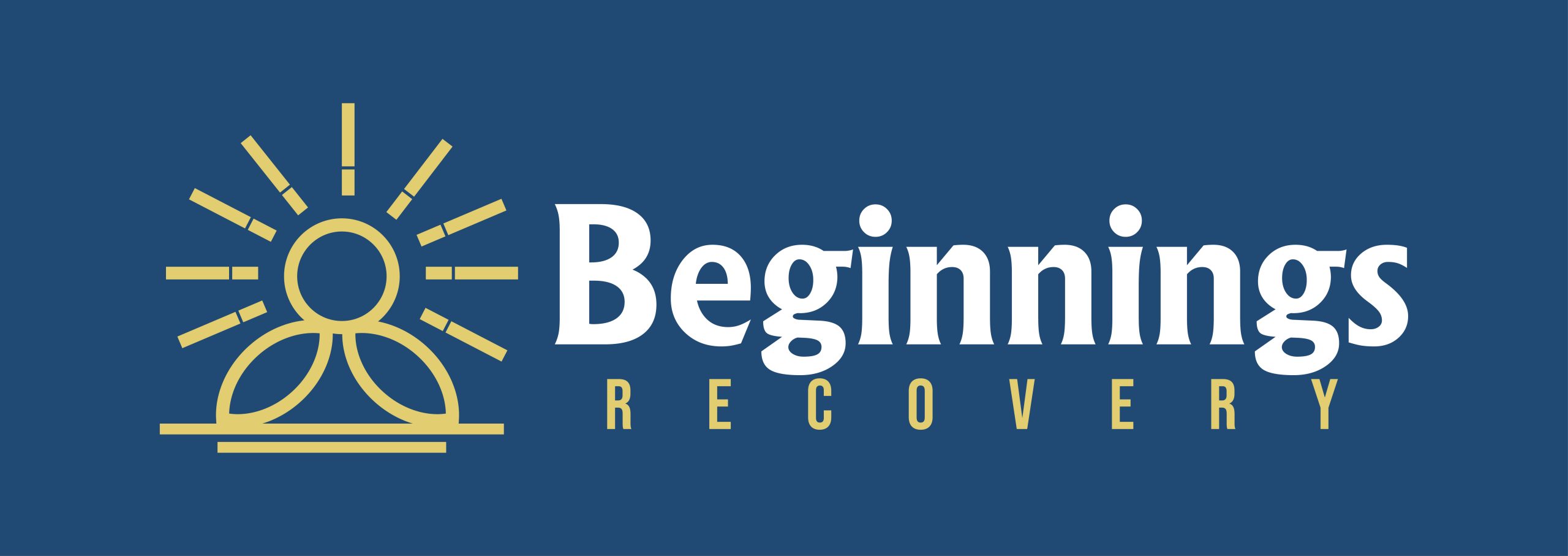Alcohol abuse can significantly impact your body, mind, and spirit. Over time, individuals may face various health issues, including chronic anxiety and depression, insomnia, difficulties with memory and focus, digestive problems, cardiovascular diseases, liver complications, and a compromised immune system. Fortunately, the human body has incredible healing capabilities, which begin once the person stops drinking. So you may be wondering, how long for my body to recover from alcohol?
For those who have been drinking heavily and consistently, alcohol dependence may have developed, leading to withdrawal symptoms upon stopping. Symptoms can be dangerous but will typically be fully resolved within two weeks. While these symptoms can be severe, they usually resolve within two weeks. Initially, you might feel worse, but after three to seven days, withdrawal symptoms typically start to diminish, and you’ll begin to notice positive changes. In the first week without alcohol, you can expect improved sleep quality, better hydration, and visible enhancements in your overall appearance.
The Cleveland Clinic reports that by the second week, you may observe weight loss due to the absence of extra calories from alcohol, and inflammation will likely decrease. Your digestive system will also start to recover, resulting in less heartburn, gas, stomach discomfort, and bloating. After three weeks of sobriety, many individuals report healthier blood pressure and improved mental clarity. The most noticeable transformations often occur a month after quitting, with clearer skin, fuller hair, reduced liver inflammation, increased energy levels, and overall well-being.
Within a year of sobriety, your body can achieve nearly complete recovery. However, in cases of severe alcohol abuse, some adverse health effects, such as liver scarring (cirrhosis), may be permanent. Overcoming alcohol addiction can be difficult for various reasons, particularly due to its psychological effects. If you’ve decided it’s time to quit drinking for good, one of the best ways to find support for successful recovery is through an alcohol addiction treatment program. Alcohol use disorder treatment is tailored to the unique needs of each individual through various levels of care, including outpatient care.
What Are the Stages of Sobriety Alcohol?
Recovery from alcohol use disorder can span weeks, months, or even years, and individuals typically navigate through six distinct stages on their journey to sobriety. These stages include:
- Pre-contemplation: In this initial stage, individuals may be aware of the negative consequences of their drinking but lack the intention to change. They might feel hopeless about their situation or overwhelmed by the effort required to address their behavior.
- Contemplation: Here, people begin to recognize they have a drinking problem and may want to get help but are still reluctant to make a change.
- Preparation: Individuals in this stage are committed to making a change and prepare to take action within the next several days or weeks, such as examining lifestyle changes to make or researching treatment facilities.
- Action: At this stage, the person has chosen an approach to sobriety and is executing it, such as through alcohol detox and rehab programs.
- Maintenance. After completing a treatment program, individuals enter the maintenance phase, where they enjoy the benefits of sobriety. The skills and habits developed during the action stage become ingrained in their daily lives.
- Termination. This final stage is somewhat debated, as many believe that alcohol addiction is a chronic condition that can never be fully eradicated. Ideally, in this stage, individuals remain sober without cravings for alcohol, and the likelihood of relapse is significantly reduced.
How Long Does It Take a Heavy Drinker to Detox From Alcohol?
Determining how long for my body to recover from alcohol begins with the initial phase of recovery, which involves detoxing from alcohol, allowing the body to eliminate any residual alcohol and regain its ability to function independently. Individuals who consume alcohol heavily often face intense and potentially dangerous withdrawal symptoms when detoxing, which can include seizures, delirium, and impaired consciousness in extreme cases. Withdrawal symptoms typically start to emerge around six hours after the last drink, reaching their peak between 48 to 72 hours later. This timeframe is critical, as it is when delirium tremens—serious and life-threatening withdrawal symptoms—are most likely to occur. After the third day of detox, these symptoms generally begin to subside. Most heavy drinkers can expect to complete the detox process within a week to a week and a half. However, some may continue to experience post-acute withdrawal syndrome (PAWS) for several weeks or even months, characterized by milder symptoms such as anxiety, cravings, fatigue, and insomnia. A study published in PubMed reports that PAWS symptoms can persist for 4 to 6 months and are a risk factor for relapse.

What’s the Hardest Time When You Quit Drinking?
When individuals decide it’s time to get sober at an alcohol rehab center in Oklahoma, they often find themselves in a phase of reflection, wrestling with feelings of anxiety or fears around the process. This is especially true for those who have previously tried to quit drinking and have experienced withdrawal symptoms. The road to recovery is challenging; not only the actual act of stopping drinking but the healing process can also be emotionally taxing. According to WebMD, the detox phase can be particularly difficult as individuals endure intense and uncomfortable withdrawal symptoms. Fortunately, these symptoms typically peak within 48 to 72 hours, after which many start to feel a sense of relief. Enrolling in a medical detox program can be incredibly beneficial, offering both medication and emotional support to help ease the discomfort of withdrawal.
What Is Good for Alcohol Withdrawals?
Alcohol withdrawal symptoms can range from mild to severe, and there are various strategies to manage them. Having the support of friends and family can significantly ease the fear and isolation that often accompany this process. Staying hydrated with fluids and electrolytes is crucial to preventing severe dehydration. A nutritious diet rich in organic fruits, vegetables, and lean proteins can facilitate the detoxification process. Incorporating mindfulness practices like deep breathing, meditation, and yoga can also help soothe the body and mind during withdrawal. Outpatient alcohol treatment in Oklahoma can be especially beneficial, as it offers the necessary tools and skills to overcome cravings and achieve long-term success.
However, it’s important to note that alcohol withdrawal can pose serious risks, particularly for those who drink heavily. If you experience anything beyond mild symptoms, it is important to seek out medical care immediately. Any individual who has engaged prolonged moderate to severe alcohol abuse should seriously consider a medical detox program, as they can receive medications to ease withdrawal symptoms and cravings and professional medical guidance and supervision to ensure their safety.

Beginnings Recovery Can Help Your Body Recover From Alcohol
So, how long for my body to recover from alcohol? Quitting alcohol isn’t merely a matter of willpower; it often involves both physical and psychological dependencies that can lead to a strong compulsion to drink. This can result in behavioral changes that make it difficult to stop without help. Fortunately, your body can recover from alcohol use, and professional treatment programs, such as those available at Beginnings Recovery, can offer the essential support needed for lasting sobriety. Our innovative approach to alcohol addiction treatment integrates evidence-based methods like cognitive behavioral therapy with holistic practices, focusing on the individual as a whole rather than just their symptoms. Our comprehensive programs equip you with the behavioral therapies necessary to navigate the complexities of alcohol use and foster long-term recovery.
Our outpatient programs are a perfect fit for those who have completed an inpatient program or are beginning their recovery journey without the need for constant supervision. Clients can receive tailored support while maintaining their daily routines at home, whether that involves work, school, or personal commitments. To take the first step towards recovery, reach out to Beginnings Recovery at 405-724-8740 today.
